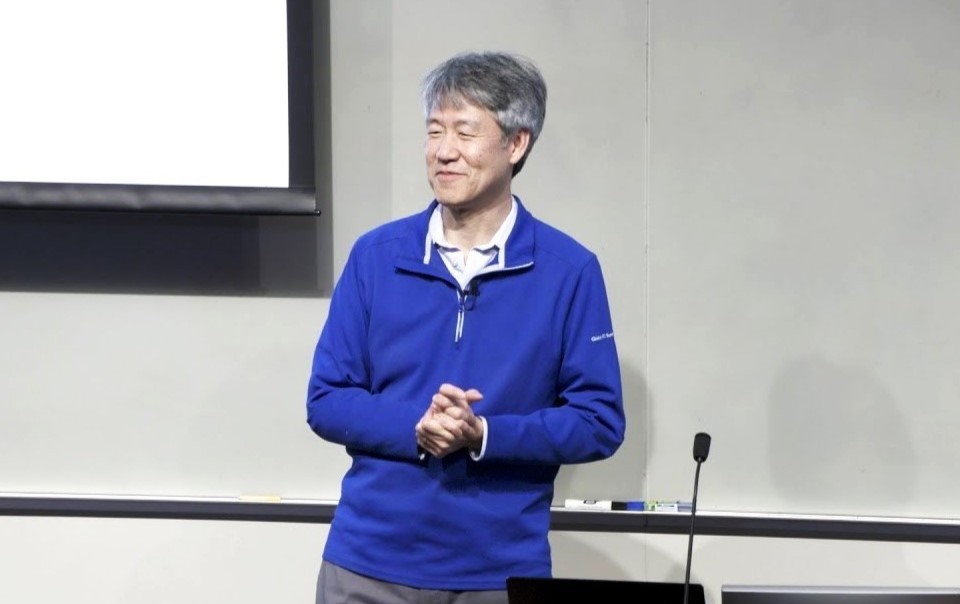In 2023, Microsoft Research President Peter Lee discussed the future of AI and the main technical challenges that need to be addressed. One key issue is developing AI systems that can understand the languages of nature, such as proteins and molecules, and combining them with general language models to create powerful multimodal AI technologies. This involves leveraging transformers, which have been successful in learning the language of human beings, to also decode the languages of nature. Another challenge is advancing autonomous AI agents that can plan and execute complex tasks, collaborate with other agents, and learn from their actions. This area is currently a hot spot for AI research and emerging startups.
Additionally, managing AI infrastructure is a critical aspect that needs to be addressed. This includes optimizing hardware architectures, phasing out old systems, and preparing data centers for the increasing demand for powerful AI models and services. The sheer scale of AI infrastructure poses a significant research problem, requiring the efficient management of resources and the design of optimal architectures to support the growth of AI capabilities. Microsoft has shown a strong commitment to investing in AI and cloud infrastructure, with record capital spending and future growth projections. The evolution of data centers and hardware architectures will play a crucial role in shaping the future of AI technologies.
Peter Lee also highlighted the need to focus on developing AI agents that can collaborate with each other and with humans, functioning as a team to accomplish various tasks. This collaborative aspect of AI is essential for its integration into various domains, from autonomous machines to desktop applications. By creating AI agents that can work alongside humans with well-defined roles, the potential for innovative applications of AI technologies increases. This collaborative approach is driving competition among tech giants, with companies like Microsoft investing in the development of AI agents to enhance user experiences and streamline tasks such as web browsing and trip booking.
The field of AI research is evolving rapidly, with a growing emphasis on deepening the understanding of AI capabilities and addressing key technical challenges. Peter Lee’s insights shed light on the future directions of AI research, emphasizing the importance of developing AI systems that can decode the languages of nature, collaborate autonomously, and efficiently manage infrastructure resources. As AI continues to advance, the integration of AI technologies into various industries and applications will require ongoing innovation and research to overcome obstacles and unlock new opportunities. Microsoft’s focus on AI and cloud infrastructure reflects the company’s dedication to advancing AI technologies and shaping the future of artificial intelligence.


